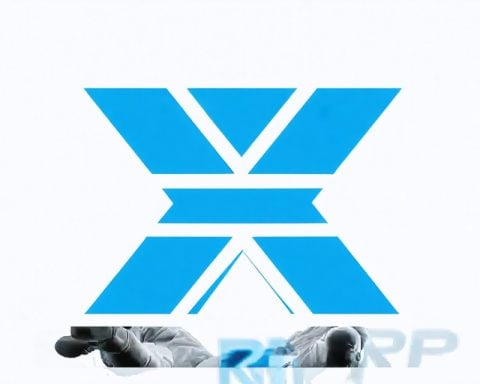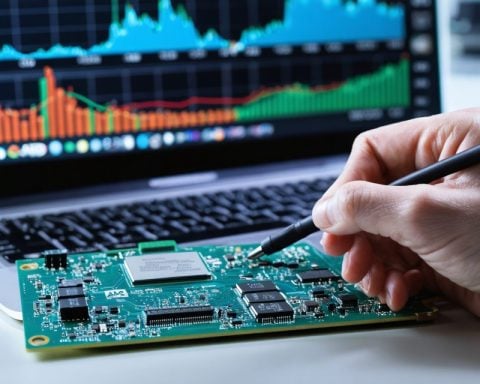Nintendo has shared its plan to address concerns about the availability of its upcoming successor to the popular Switch console and prevent widespread scalping. In a recent Q&A session with shareholders, Nintendo executives stated that their core strategy to combat scalping activity will be to ensure there is enough stock of the new device from the beginning.
Apart from prioritizing the accessibility of the new console to customers without having to rely on resellers, Nintendo also emphasized that they are considering the circumstances in each region. This approach indicates their dedication to meeting demand and providing a fair chance for consumers to purchase the “Switch 2” at launch.
Another aspect of concern during the Q&A was the company’s ability to produce a sufficient quantity of hardware at launch, given past issues with component shortages. However, Nintendo President Shuntaro Furukawa reassured shareholders that these concerns have been addressed. Furukawa stated, “Last year and the year before, we were unable to produce sufficient quantities of Nintendo Switch hardware due to a shortage of semiconductor components, but this situation has now been resolved.” He further added that they do not anticipate the shortage of components to significantly impact the production of the successor model.
Nintendo has previously confirmed their plans to announce the next console within this fiscal year, with many speculating it to be a successor to the Switch. While the company will hold a Nintendo Direct in June focusing on the software lineup for the latter half of 2024, they have clarified that this presentation will not include any information about the Nintendo Switch successor.
In conclusion, Nintendo’s strategy to combat scalping involves prioritizing adequate stock for the launch of the Switch 2. By understanding regional circumstances and addressing past component shortages, the company aims to ensure a smoother experience for customers eager to purchase the new console.
Additional facts:
1. Scalping refers to the practice of reselling products, especially limited-edition or high-demand items, at inflated prices for profit.
2. Nintendo faced significant issues with scalping of its original Switch console when it was released in 2017.
3. The high demand for the Switch, coupled with limited supply, led to scarcity in the market and increased prices on resale platforms.
4. Scalpers often employ automated bots to quickly purchase large quantities of products, making it difficult for genuine customers to obtain them.
5. Scalping has become a major concern for both consumers and manufacturers in the gaming industry, as it affects the accessibility and affordability of popular consoles.
Most important questions and answers:
1. How will Nintendo ensure there is enough stock for the launch of the Switch 2?
Nintendo executives have emphasized that their core strategy to combat scalping and meet demand is to ensure there is enough stock of the new device from the beginning.
2. How is Nintendo addressing past component shortages?
Nintendo’s President, Shuntaro Furukawa, stated that the company had resolved previous issues with shortage of semiconductor components and does not anticipate it affecting the production of the successor model.
Key challenges or controversies:
1. Balancing supply and demand: Nintendo must accurately anticipate the demand for the Switch 2 and produce enough units to meet it, thereby avoiding stock shortages while minimizing excess inventory.
2. Fighting scalping and automated bots: Nintendo faces the challenge of preventing automated bots from purchasing large quantities of consoles, thereby leaving fewer units available for genuine customers.
Advantages:
1. Enhanced customer experience: By prioritizing adequate stock, customers will have a fair chance to purchase the Switch 2 at launch, avoiding inflated prices and scarcity.
2. Protection against scalpers: A sufficient quantity of consoles will make it more difficult for scalpers to dominate the market, leading to a more balanced distribution of the product.
Disadvantages:
1. Production challenges: Ensuring enough stock for launch can be difficult, especially considering potential component shortages and logistical issues.
2. Potential overproduction: There is a risk of producing more consoles than the market demands, which could result in excess inventory and financial losses for Nintendo.
Suggested related links:
– Nintendo official website
– Nintendo’s upcoming games overview
– BBC article on scalping and console shortages















